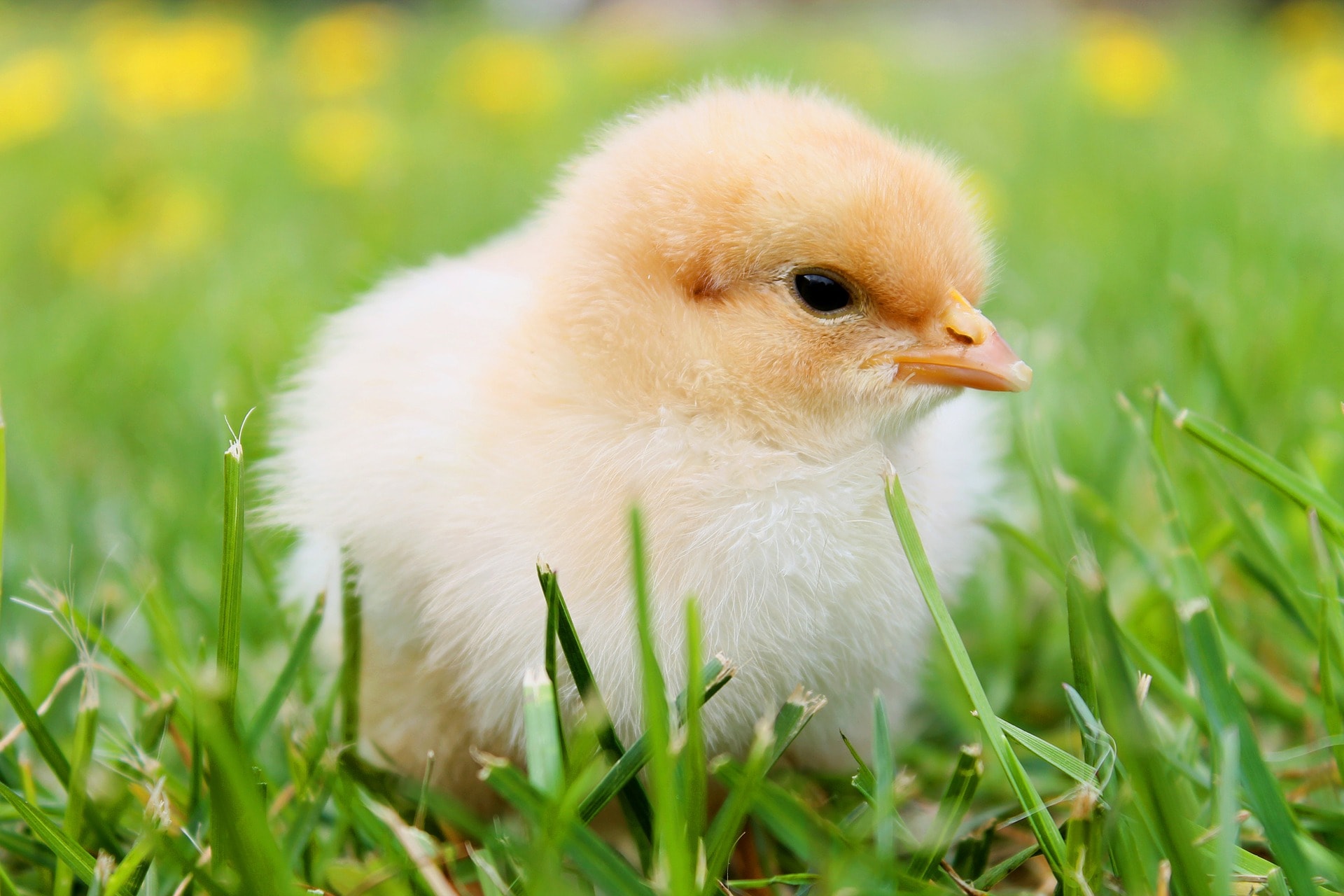
Planning for chickens
One of the perks of living in the midwest is you can typically live on larger plots of land. This enables perks like gardens, sheds, etc that can really increase quality of life.
Growing up, I had a lot of pets: rabbits, hamsters, cats, dogs, horses, chickens, geese, lizards, and fish. Pets are good for you, both mentally for companionship and distraction, but also physically by caring for them. Pets can also help children learn to deal with their emotions. The death of a beloved pet experienced as a child can help later in life when dealing with the death of a loved one as an adult.
Chickens
People are always surprised when I tell them chickens can make great pets. One of my favorite pets as a kid was a pet rooster name Telliver. I raised him from a chick and he followed me everywhere. He would sit down in my lap, let me pet him, etc. I think my mom probably still has pictures of him riding around with me on the handlebars of my bike.
Benefits
- Eggs. A hen will actively lay about one egg a day for the first 6-8 years of their life. Sometimes they'll stop in winter, but that can be addressed by providing artificial light.
- They stay outside. They won't track in mud, get sprayed by skunks, etc.
- They're easy. You basically provide them basic shelter, water, and food. Depending on what local predators you have, they can almost take care of themselves.
- They devour bugs. Chickens love to run around and eat bugs. A few chickens can noticeably reduce you local mosquito and spider populations.
- They eat scraps. Rather than composting or tossing those veggie scraps, your chickens will love them.
Downsides
- Immobile. There are no boarding houses for chickens for when you go on vacation.
- Need regular care. You may be able to skip a day here or there, but someone will need to check on your chickens if you plan on going away.
- They poop. Though not the stinkiest of birds, you will need to periodically clean out the coop. It's a dirty job you'll have to endure maybe three times a year.
The plan
We're planning on getting 3-4 hens. We're not sure what kind yet. Our back yard is sloped, so I plan on creating the coop into the side of a hill below a new storage shed. Being the geek I am, I plan on automating some portion of the coop to minimize the amount of time I need to spend maintaining them everyday.
Door
One of the most annoying things about chickens is you should shut them up each evening and let them out each morning. It's better for their well-being to be able to run around during the day, and it's much safer for them to be inside at night.
As a kid, our coop had hinged doors that lifted open and locked with an eye hook. These tend to work ok, but as doors expand and contract with change in temperature and time, they can get very annoying. Add the fact that in the winter they're covered with snow and ice, and they go from annoying to downright aggravating. I cannot count the number of times I probably swore at the things.
To avoid the whole situation, I'm going to automate the door that goes from the coop to the run. I'll still need to go out to let them run around in the yard, but that won't be everyday, and will be infrequent in winter.
I plan on using an Arduino micro-controller (ESP8266), some relays, and a linear actuator to control the door.
Lights
Chickens need 10-12 hours of light a day to lay eggs. So, that means in winter, I need to add artificial light in the coop. I plan on using the same micro-controller and relays as the door, with some simple 12V LED lights.
Sound
Chickens will usually come back to the coop on their own each night to roost. They know better than to stay outside after dark...they may get eaten. However, typically, a farmer will call the chickens when it's time to come in. In order to minimize the possibility that a chicken gets closed out of the automatic door, I plan on trying to use some sort of device to "call" them. Likely a piezo buzzer, but this will come much later.
Weather
Chickens don't really like the cold. Being in the midwest, the winters can be brutal. In the fall, mornings can be quite cold (40℉), but warm in the afternoon (80℉). The system could be modified to take local weather in to account when deciding when to open and close the door.
Food and Water
Chickens are messy. Given the opportunity, they'll spill their food and foul their water. The water will freeze, the food will get drenched with rain or snow. You can buy food and waterers to help alleviate these issues, or you can make your own out of PVC.
Checkout my next post on the coop itself.
